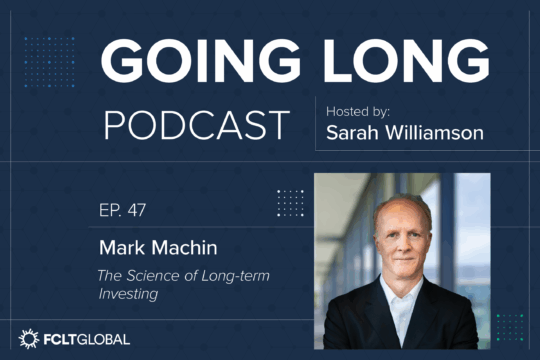Companies have been offering shares with different voting rights for decades. Multi-class shares are common around the world, not just a phenomenon of Silicon Valley.
Strong arguments can be made on both sides of this issue: in favor and against the practice of offering shares with differential voting rights. Ensuring that founders and key decision-makers have extra voting heft might insulate them from short-term market demands, thus helping them focus on long-term goals. Yet, concentrating voting power in a few hands could also become a way for insiders to entrench their positions and suppress legitimate concerns from other owners.
FCLTGlobal is particularly interested in testing the oft-used argument that multi-class shares promote long-term behavior and outperformance. Absent definitive evidence, arguments on this topic often focus disproportionately on the most high-profile, recent examples of companies using multiple share classes, which makes it hard to appreciate the full breadth, history, and market impact of differential voting rights.
To enrich the debate, FCLTGlobal partnered with researchers at the University of Virginia’s Darden School of Business, who have a unique dataset covering companies that issue shares with different voting rights. We found that:
- Offering shares with different voting rights doesn’t meaningfully affect companies’ long-term performance – whether in terms of shareholder returns, return on invested capital, or firm survival.
- While some analytic approaches do show a modest benefit for differential share classes, the effect is due to the size and success of a single company, Alphabet.
- Performance isn’t the only consideration when it comes to multiple share classes. Investors, companies, and regulators need to think carefully about the implications for trust, governance, reputation, and beyond.
Power Play: The Long-term Impact of Multi-class Shares provides a fuller explanation of these findings, beginning with a broader look at the practice of issuing multiple share class—and followed by a detailed account of FCLTGlobal’s statistical approach and findings.
Read the Report


